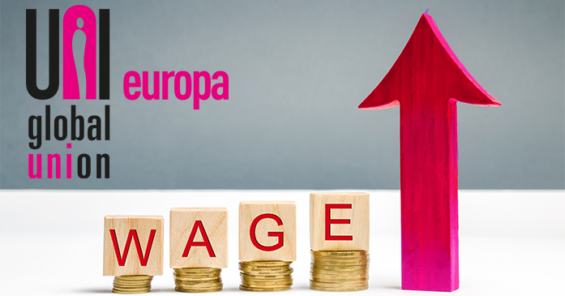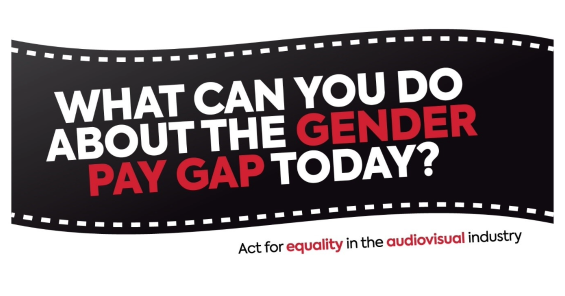The EU Commission has published its proposal for an EU Directive on fair minimum wages and collective bargaining in the EU. Oliver Roethig, Regional Secretary of UNI Europa, said the following:
“This proposal shows progress on non-binding aspirations but is thin on concrete progress for working people. It needs to be seriously amended to make a difference. The EU must not disappoint workers again.”
“The best way to guarantee fair wages is sectoral collective bargaining. It must be a priority for EU, governments and indeed society at large to foster and strengthen it. We know that when working people have a say in the decisions that shape their workplaces, they can deliver safer workplaces and get a fairer share of the wealth they create. This is democracy at work and is essential if we are to turn back the rising tide of inequality.”
“There is a remarkable correlation between those workers rightly labelled as essential during the COVID-19 crisis and low wages. Care workers, cleaners, supermarket staff, security guards, …they are the ones getting us through the crisis yet they are among the lowest paid professions in the formal economy. They are the working- as well as the helping poor. This directive must focus on improving their conditions and wages.”
“Cleaning workers for example have wages far below living wages and many are forced to work two jobs to get by. Earlier this month, the EESC itself recommended that public procurement contracts for cleaning be only awarded to companies that have collective bargaining. We had hoped this would be reflected in the Commission’s proposal covering all industries. It wasn’t. For trade unions, it is one of the measures to judge whether the EU finally delivers for workers. Companies that want to participate in public procurement must be signatories to collective agreements.”
Essential workers, in particular, deserve a threshold of decency below which wages cannot be allowed to fall. Without such a provision, it is difficult to see how the directive will end the daily struggle of low paid workers to make ends meet. Fair minimum wages are not an aspiration for the long run, workers and their families need to eat every day.
Further information:


